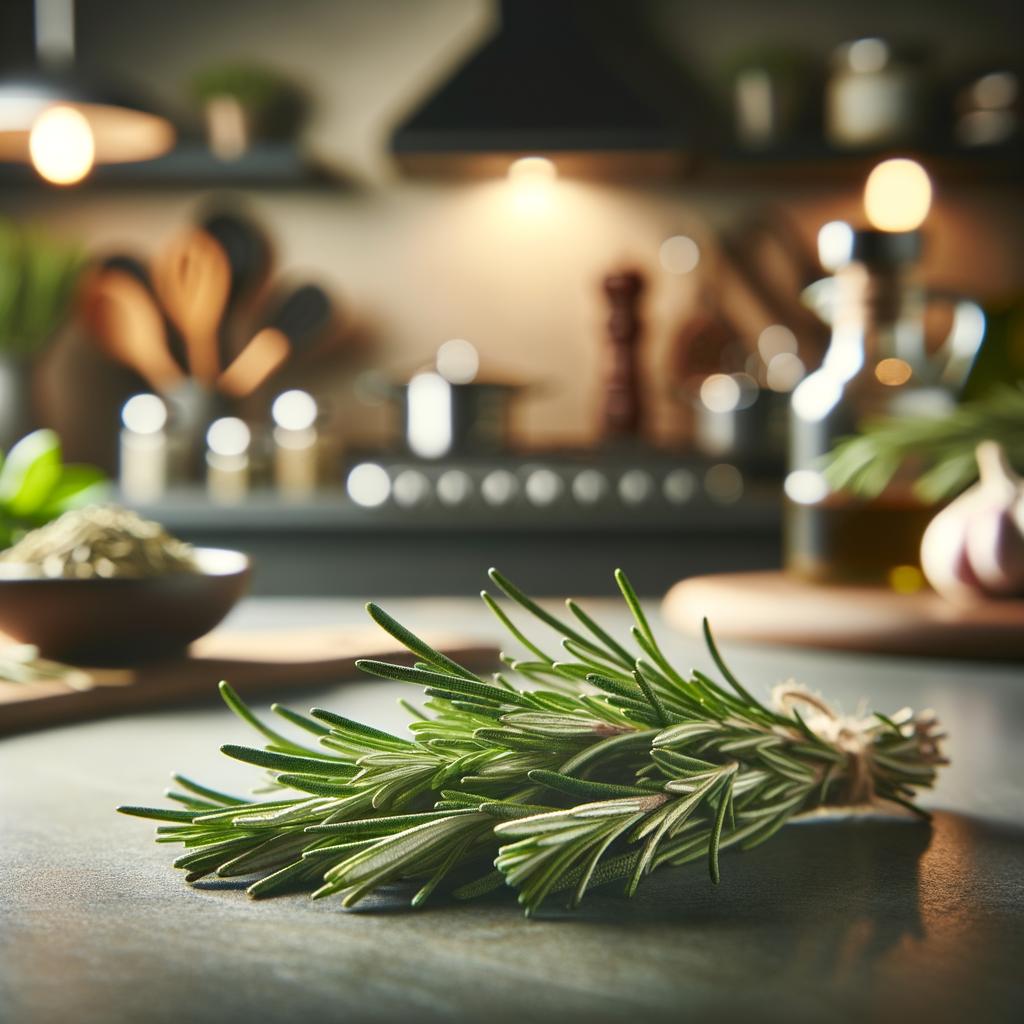Dried Rosemary

Description
Dried rosemary, a timeless culinary herb, brings to mind the sun-drenched landscapes of the Mediterranean. It has a robust, woody texture and needle-like leaves that are a rich, silvery-green hue. The aroma of dried rosemary is intoxicating, a heady blend of pine, lemon, and camphor that lingers in the air. Its flavor profile is equally complex, offering a piquant, slightly bitter taste with a refreshing, peppery zing. What sets dried rosemary apart from other herbs is its potent fragrance and flavor, which remain intact even after lengthy cooking times.
Primary Uses
Dried rosemary is a culinary chameleon, effortlessly adapting to a variety of cuisines worldwide. It is a key component in the herb blend Herbes de Provence, used extensively in French cuisine. In Italian cooking, it's often sprinkled on pizzas and incorporated into pasta sauces. It's also a common ingredient in marinades for grilled meats, particularly lamb, in Mediterranean and Middle Eastern recipes. Beyond the kitchen, dried rosemary has been used for its medicinal properties, like improving digestion and reducing anxiety. It also holds a strong cultural significance in weddings and funerals, symbolizing remembrance and love.
History
Rosemary has a rich history steeped in legend and lore. It is believed to originate from the Mediterranean region, where it was revered by ancient civilizations. The Greeks considered it a sacred plant, using it as a symbol of love and death in religious rituals. In the Middle Ages, rosemary was associated with wedding ceremonies - the bride would wear a rosemary headpiece and the groom and guests would all wear a sprig of rosemary. Over time, its use has evolved from a medicinal herb to a culinary staple, gaining popularity for its unique flavor and versatility.
Nutritional Information
Despite its humble appearance, dried rosemary is a nutritional powerhouse. It is rich in calcium, iron, and vitamin B6. It also contains antioxidants like rosmarinic acid and carnosic acid, which have been linked to reducing inflammation and fighting bacterial infections. When compared to other herbs, rosemary stands out for its high iron content. However, moderation is key in its consumption, as excessive amounts can lead to stomach and intestinal irritation. As a part of a balanced diet, dried rosemary can add not just flavor, but also a healthy dose of nutrients to your meals.

